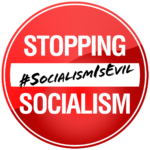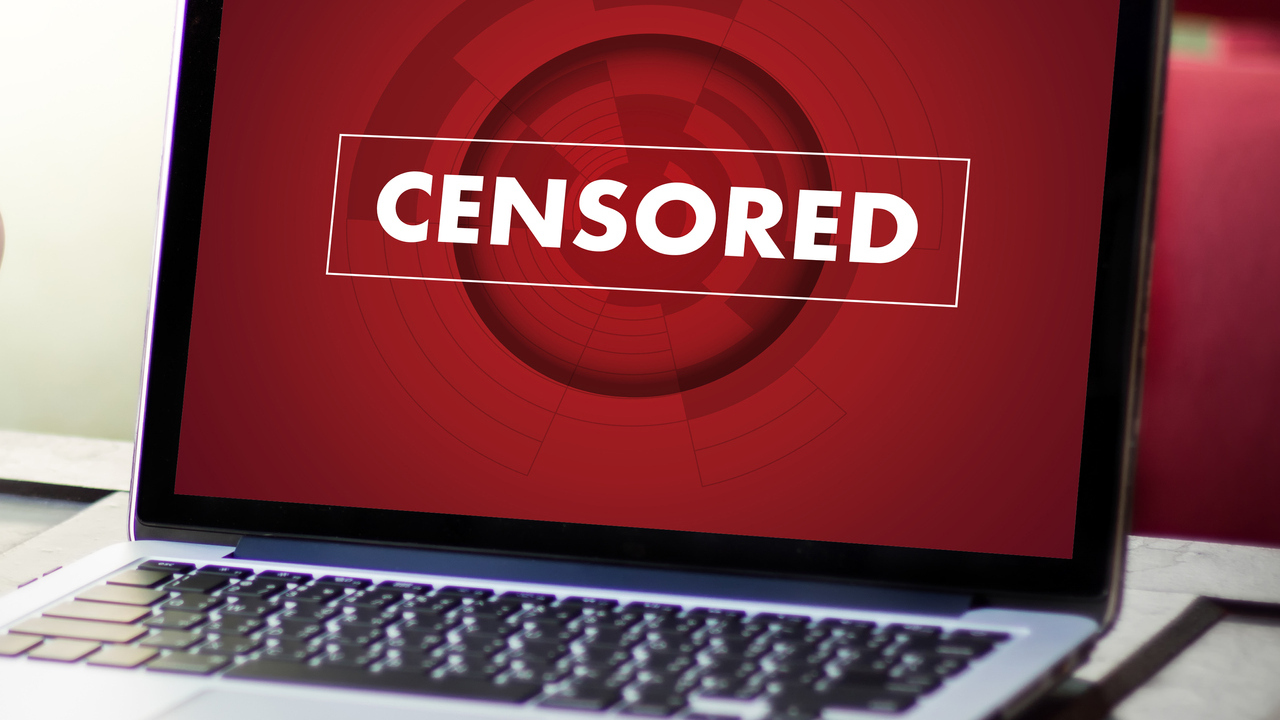In his first television interview since being attacked in 2022 while delivering a speech at the Chautauqua Institution in New York, renowned novelist Salman Rushdie doubled down on his defense of freedom of expression, despite losing his right eye — and almost his life — in an assassination attempt.
Speaking with journalist Anderson Cooper for an episode of “60 Minutes” on CBS that aired Sunday, April 14, Rushdie said that he never really felt unsafe doing public events over the past few decades as he believed that the attempts on his life had passed.
“The irony is that you were there to talk about writers in danger,” Cooper said.
“Yes, exactly, and the need for writers from other countries to have safe spaces in America amongst other places, and then, yeah, it just turned out not to be a safe space for me.”
The assassination attempt stemmed from the decades-old controversy over Rushdie’s novel, “The Satanic Verses,” which Iran’s Ayatollah Khomeini characterized as an attack on Islam and called for Rushdie’s death in response.
Since then, Rushdie has been an outspoken advocate for freedom of expression. Rushdie even spoke at FIRE’s 20th anniversary gala in 2019.
“This is a bad moment for free expression because the attack is coming from so many different directions,” Rushdie said in the “60 Minutes” interview. “It used to be the case that very conservative voices were the places from which you would hear that such-and-such book should be banned, or is obscene, or is disgusting, or whatever. And there’s a whole project to deny children the ability to learn about the history of their own country.”
But what feels different now, according to Rushdie, is calls for censorship coming from the political left, or what he calls the “offense industry” in the modern media landscape.
Read full article at thefire.org.
Photo by Fronteiras do Pensamento, CC BY-SA 2.0 DEED.
Stopping Socialism is a project of The Heartland Institute and The Henry Dearborn Center for Human Rights, a nonprofit association of professionals and scholars.






